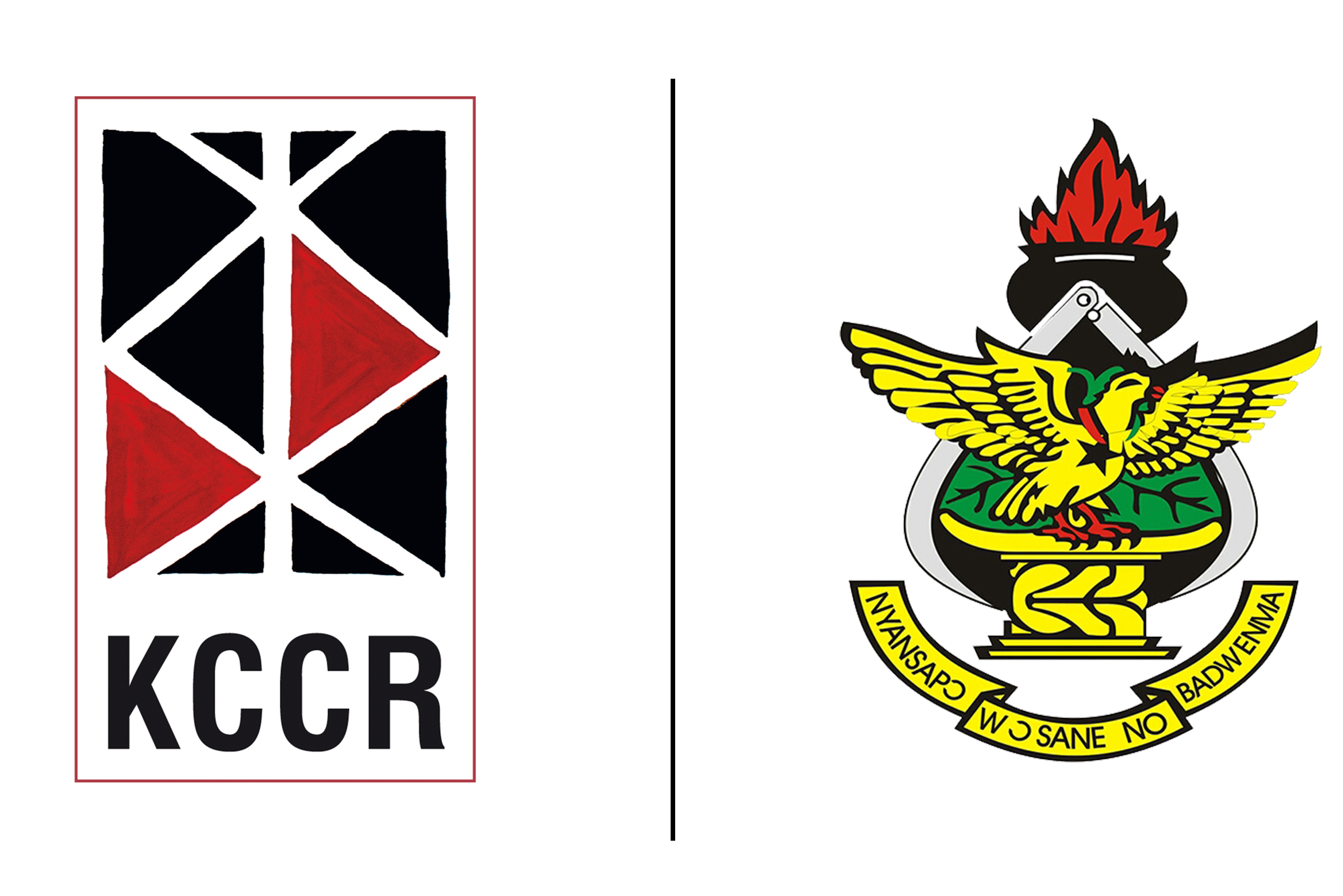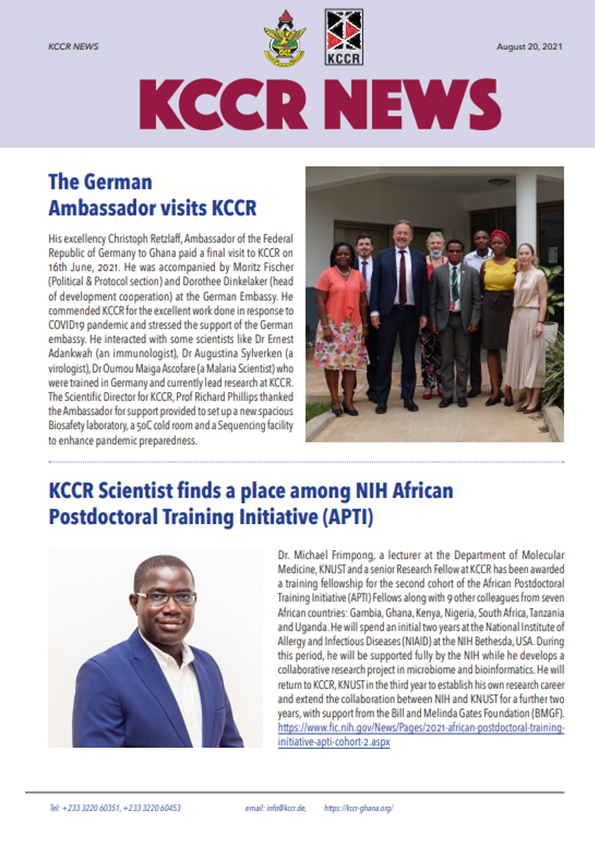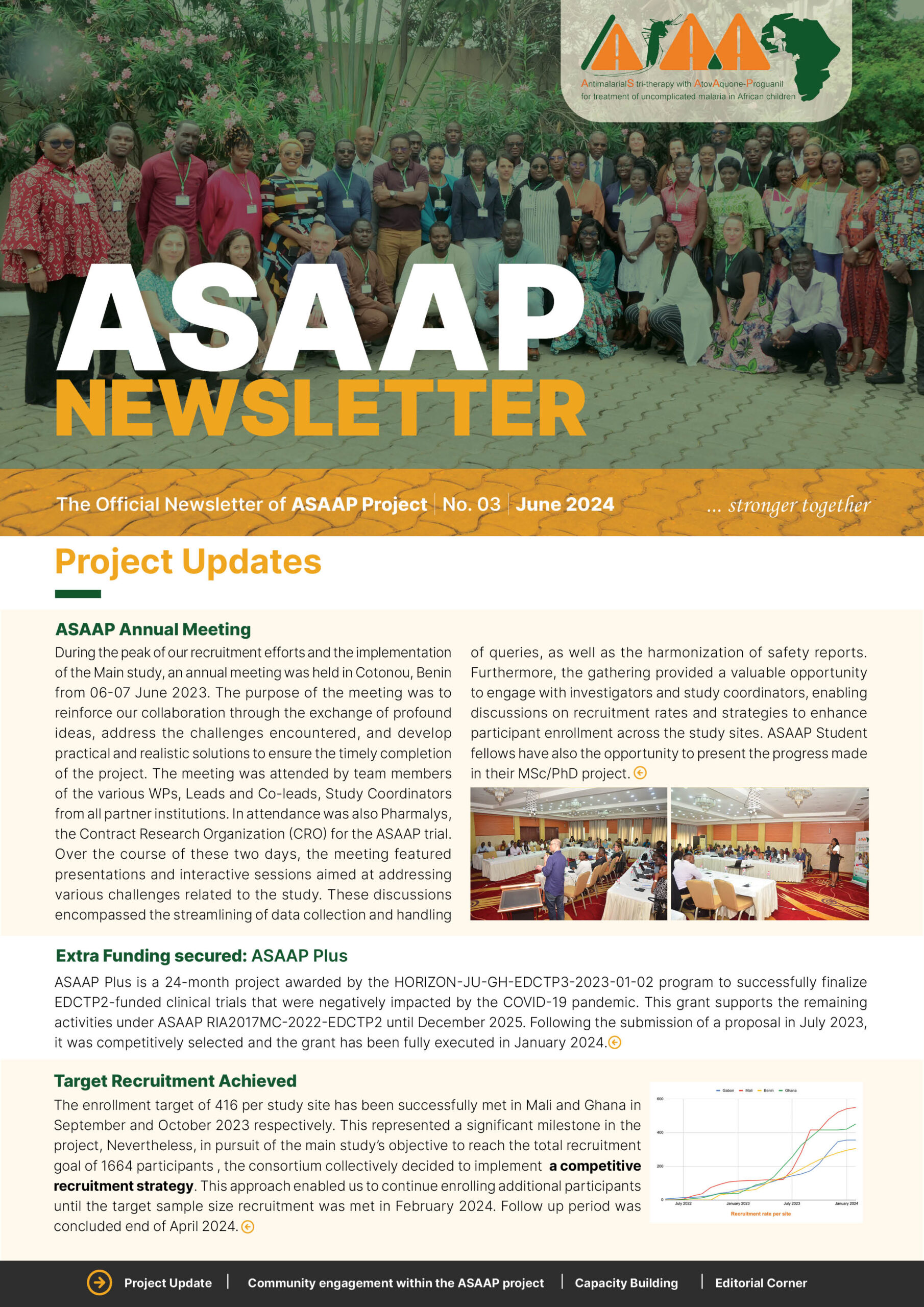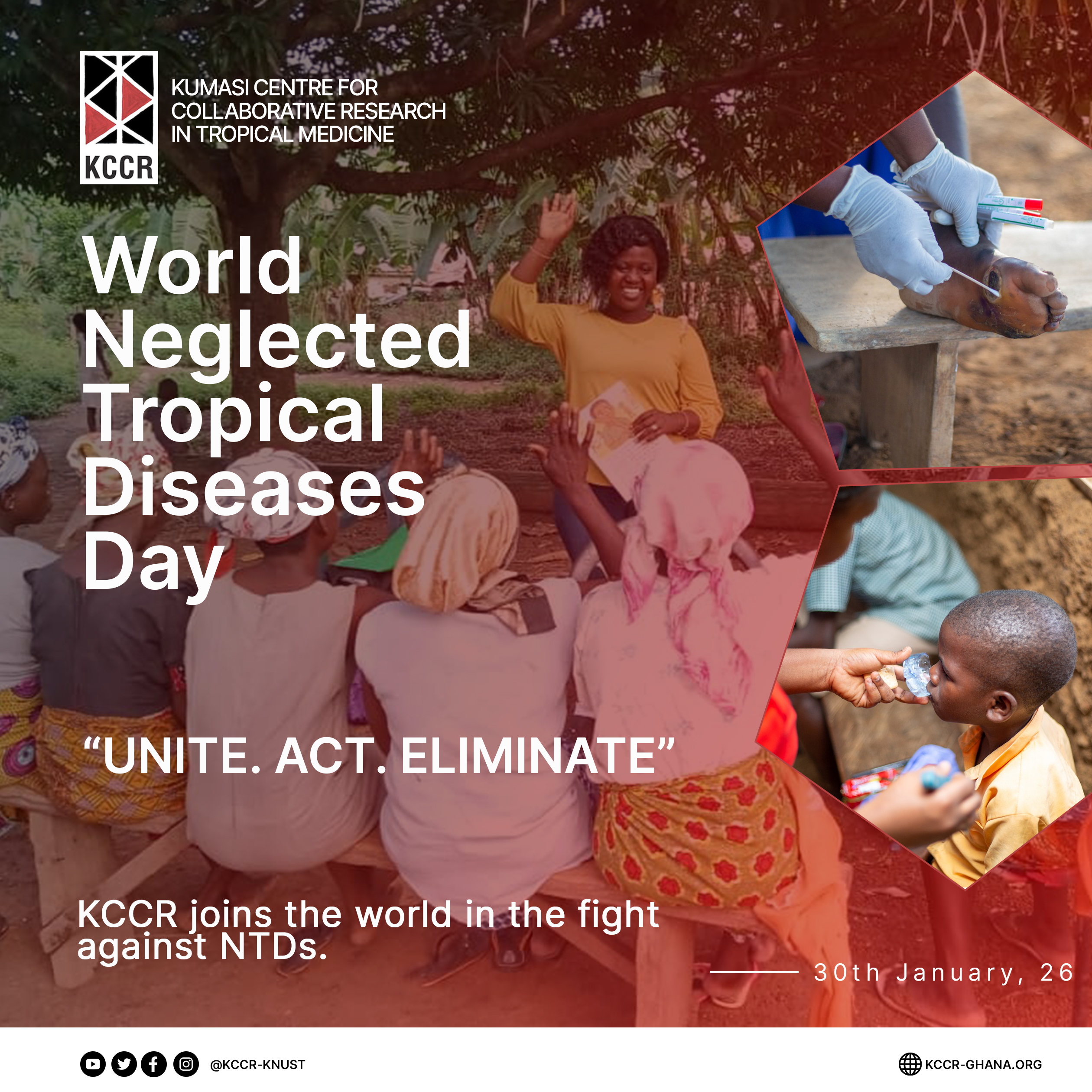Dr Charity Wiafe Akenten a research fellow with the One Health Bacteriology Group at the Kumasi Centre for Collaborative Research in Tropical Medicine (KCCR), KNUST, is calling for policies to tackle the antimicrobial resistance crisis.
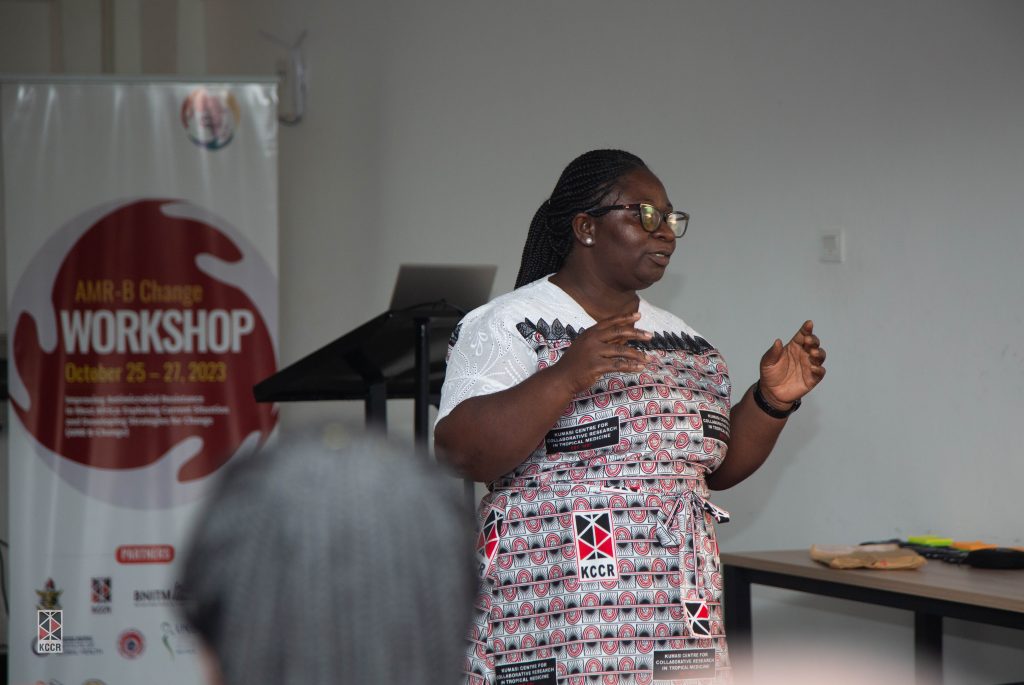
“It is a call to action for governments, healthcare professionals, researchers, and the public to work together.
“We need policies that encourage innovation in the development of new antibiotics, diagnostic tools, and alternative treatments.
“Collaboration across borders is essential in tackling this global crisis,” Dr. Mrs. Wiafe Akenten said while commemorating the 2023 AMR Week.
She continued, “We must come together as a group to combat an increasingly potent enemy, not just as individuals.
“Antimicrobial resistance jeopardizes our ability to combat infections and diseases effectively.
“It undermines medical advancements, endangers lives, and poses a significant risk to global health security.”
Antimicrobials are medicines used to prevent and treat infections in humans, animals, and plants. They include antibiotics, antivirals, antifungals, and antiparasitics.
Antimicrobial resistance is the result of bacteria, viruses, fungi, and parasites changing over time to the point where they cease to respond to medication, making infections more difficult to treat and raising the possibility of disease spread, serious illness, and death.
Antimicrobial resistance (AMR) is one of the top ten (10) global public health threats currently facing humanity. Since AMR makes even relatively basic diseases more difficult to treat, it is countries with the least developed healthcare systems that are most affected by this global menace.
Dr Charity Wiafe Akenten explained that the cause of AMR is multifaceted. She stressed on the importance of addressing these roots through education and behavior change.
“Misuse and overuse of antibiotics in healthcare, agriculture, and animal husbandry contribute significantly to this crisis.
“We must address this misuse through education, better prescribing practices, and enhanced stewardship.
“It is not just about reducing antibiotic use, it is about using these life-saving medications wisely and ensuring access for those in need while safeguarding their effectiveness for future generations,” she said
Dr. Akenten urged all stakeholders to embrace the theme for the 2023 AMR awareness week, “Preventing Antimicrobial Resistance Together”.
“Each one of us has a role to play in this battle. Whether we are healthcare providers, policymakers, educators, or individuals, our choices matter.
“Small changes in behavior, prescribing practices, and hygiene routines collectively make a substantial impact.
“Let us not underestimate the power of awareness and collective action,” she encouraged.
“Together, let us pledge our dedication to combating antimicrobial resistance, preserving the effectiveness of antibiotics, and securing a healthier, safer future for all,” she concluded.


